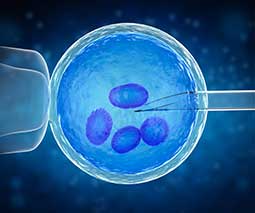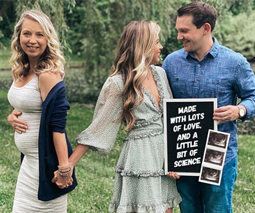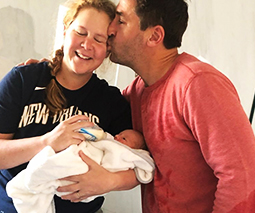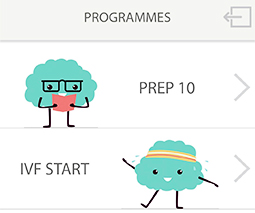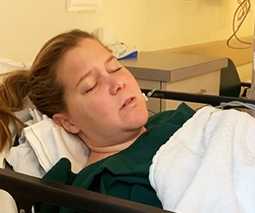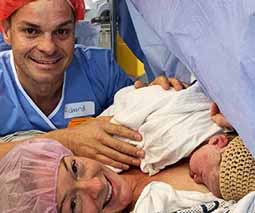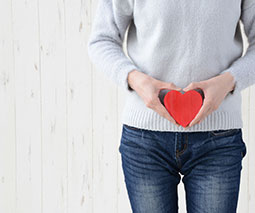Study reveals the REAL reason women are freezing their eggs

While the common perception is that women freeze their eggs and put off having babies so they can prioritise their career, a new study suggests that is actually NOT the main reason.
“Lack of a stable partner”
In fact, the usual reason women are putting their eggs on ice, in hopes of having the choice to have a baby a little later in life, is that they don’t have a stable partner or secure relationship.
A team of anthropologists at Yale University interviewed 150 women who had chosen to freeze their eggs for elective, non-medical reasons (so NOT those struggling with infertility challenges) and presented their findings to the European Society of Human Reproduction and Embryology.
The research team interviewed women being treated in IVF clinics in Israel and the US “who had chosen to freeze their eggs for social reasons – as opposed to having no other viable fertility options,” The Independent says.
“The medical literature and media coverage of oocyte cryopreservation usually suggests that elective egg freezing is being used to defer or delay childbearing among women pursuing education and careers,” said the study’s lead author Dr Marcia Inhorn. “Our study, however, suggests that the lack of a stable partner is the primary motivation.”
“Women who did have partners said they froze their eggs either because their male partner was not ready to have a child, the relationship was too new or uncertain, or the partner simply refused.” The Telegraph reports.
Read more about IVF:
- A fan pried into Chrissy Teigen’s IVF experience and her response was fantastic
- I had IVF to have my two boys – but not for the usual reasons
- How to cope with IVF: 11 reminders all women need to hear regularly
Avoiding “panic partnering”
These findings fly in the face of the oft-touted theory that women deferred having babies – and froze their eggs – because children weren’t a priority. The team found that prioritising a career was the least common reason the study group chose to freeze their eggs.
The Yale research suggests that women had simply not had the opportunity to have a family any earlier and were smartly safeguarding their options for the future.
“Most of the women had already pursued and completed their educational and career goals, but by their late 30s had been unable to find a lasting reproductive relationship with a stable partner,” Inhorn added. “This is why they turned to egg freezing.”
This research echoes the findings of a similar smaller UK study, which found that “women’s use of egg freezing was shaped by fears of running out of time to form a conventional family, difficulties in finding a partner and concerns about ‘panic partnering’, together with a desire to avoid future regrets and blame.”
It’s a relatable conclusion that will ring true for women who are struggling to find the right person to raise their babies with.
